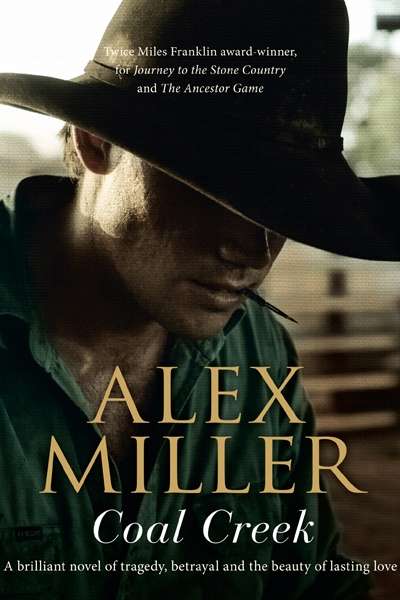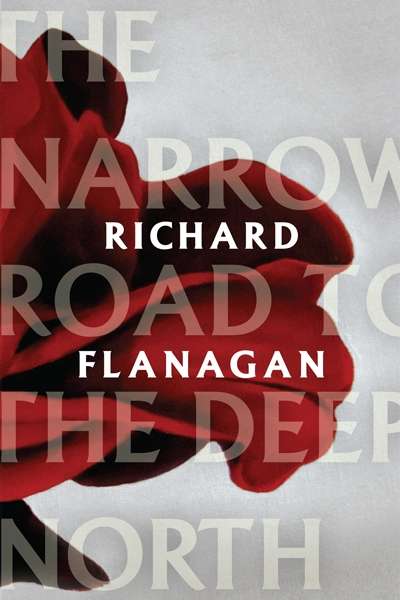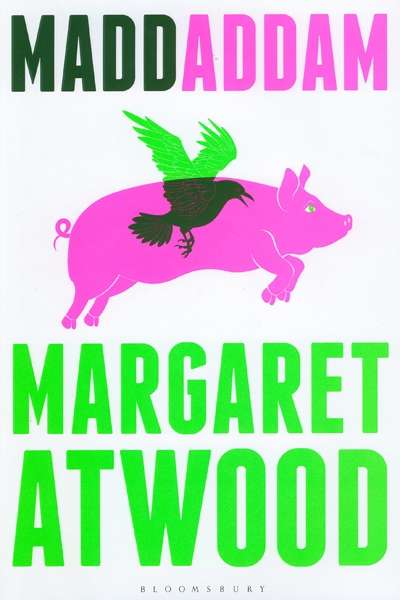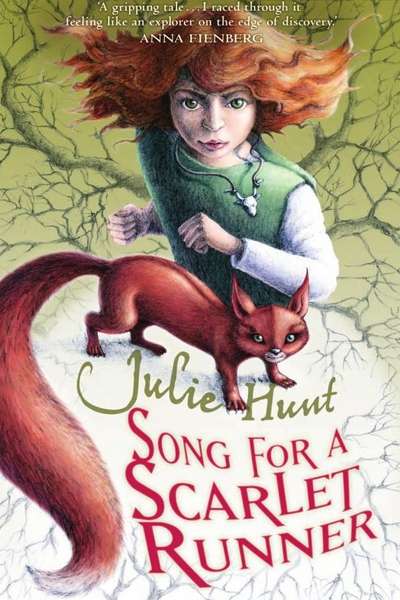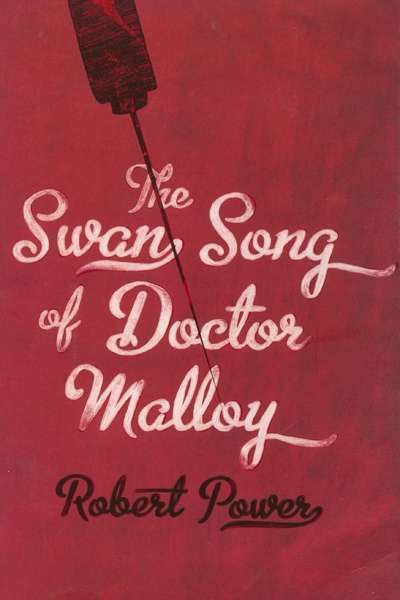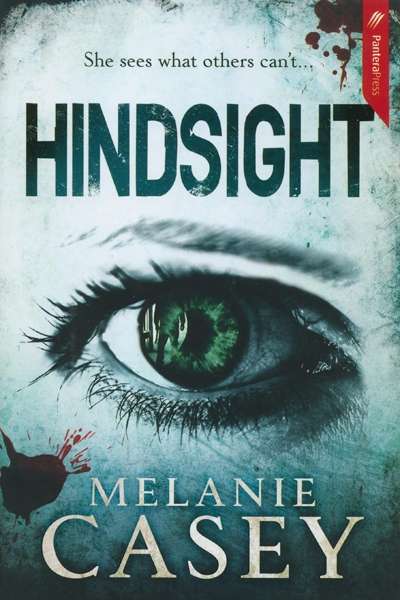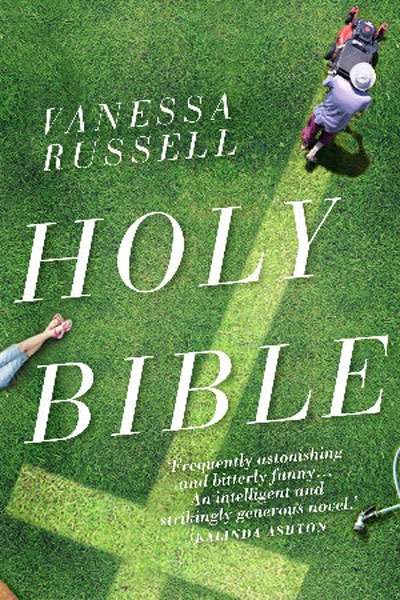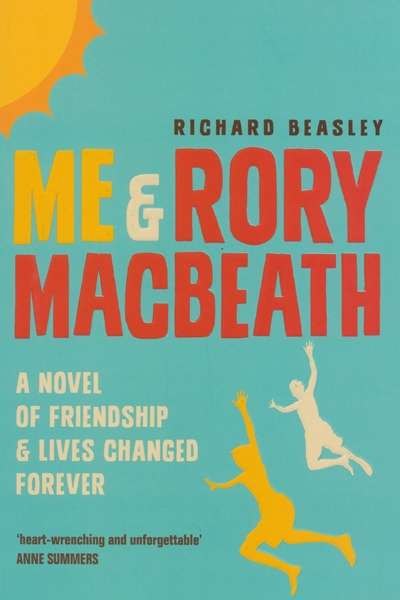Fiction
The writing of a novel, Alex Miller has said, ‘is a kind of journey of the imagination in which there’s the liberty to dream your own dream … There’s always got to be a model located somewhere in fact and reality … But some of your best characters are what you think of as being purely made up, just characters that needed to be there.’
... (read more)The past two decades have seen Richard Flanagan stride confidently into the first rank of Australian writers. His novels are notable for their historical reach, the boldness of their conception, and their willingness to tackle big subjects. They have won him many admirers. But they have also tended to divide opinion, often quite sharply, and this would seem to ...
Kerryn Goldsworthy admires Margaret Atwood’s depth of intellect as revealed in MaddAddam, the concluding sequel to Oryx and Crake and The Year of the Flood.
... (read more)It’s the early 1980s in Melbourne. Shelley, aged fourteen, is obsessed with football. Discussions of the game are the one point of mutual interest that allows communication between Shelley and her father in the aftermath of the death of her mother.
... (read more)The relationships between daughters and their mothers provide fascinating, fertile ground for exploration. Mothers in books are sitting ducks, really, and these three new Young Adult books take aim. One mother is a cavalier, emotionally blackmailing bank robber; another is adored, but nosy and old-fashioned; while the third, obsessed with organic food, is diagnosed with cancer. In All This Could End (Text, $19.99 pb, 288 pp, 9781921758447), Steph Bowe challenges the controlling mother trope by portraying one who robs banks. Antonella Preto treads the complex terrain between an Italian migrant mother and her first-generation Australian daughter in The Mimosa Tree (Fremantle Press, $19.99 pb, 376 pp, 9781922089199), while the prospect of losing one’s mother encourages sweet soul-searching in Aimee Said’s new novel Freia Lockhart’s Summer of Awful (Walker Books, $16.95 pb, 288 pp, 9781921977800). If being a mother is tough, being a daughter is no picnic.
... (read more)After several picture books and novels for early readers, Tasmanian author Julie Hunt moves into fiction for older readers with this lyrical fantasy adventure. Set in an imaginary world, but drawing on Gaelic and Anglo-Saxon folk-tale motifs, Song for a Scarlet Runner is a charming introduction to fantasy for young readers.
... (read more)The Swan Song of Doctor Malloy, a novel about addiction, compulsion, and recovery, is set within a fast-moving thriller. Traversing the worlds of health research, drug cartels, world politics, and corporations, it is a conspiracy novel that manages to stay just within the realms of credibility due to the specialist knowledge the author brings to the tale.
... (read more)Cass Lehman keeps to herself – her mother and grandmother tell other residents of sleepy Jewel Bay that she is agoraphobic. Her real reason for staying in her house for the past nine years is that she has a terrifying kind of ‘retrocognition’: if Cass passes over a place where someone has died, she experiences their death. And death, as it turns out, is everywhere: on the street, at newly renovated pharmacies, and in teenagers’ trysting spots. The daughter and granddaughter of women who also have paranormal gifts, Cass has long believed she, and others, will be safer if she remains a recluse. But now, ‘on the wrong side of twenty-five’, she wants to experience more of life.
... (read more)Vanessa Russell grew up in a traditionalist Christian fellowship, the Christadelphians. She read the Bible from cover to cover every year, enjoyed a childhood filled with group activities, and only left when their oppressive restrictions caused her too much grief.
... (read more)In Richard Beasley’s third novel, a friendship between three boys ends violently, and one of them is tragically implicated. The lives of the young teenagers – Jake, Robbie, and Rory – are filled out with street football, driveway cricket, billycarts, fishing trips, slingshot target practice, and the comedy of flatulence. Their world is Rose Avenue during the Adelaide summer of 1977.
... (read more)

